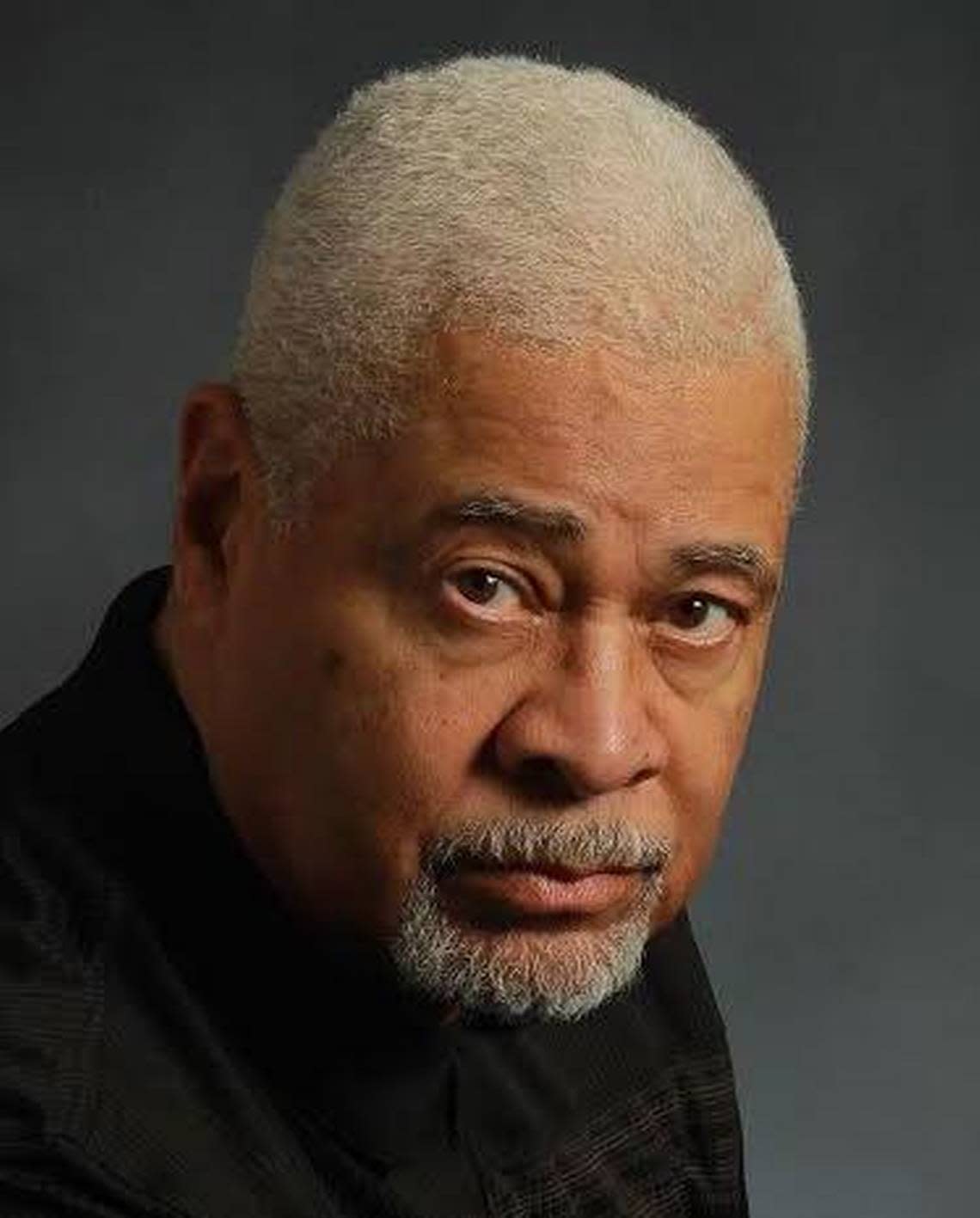Under the baobab: Keep the youth at the center of our collective hearts

We are about to begin a new semester. Students sensing the shortening days attempt to squeeze the last moments out of summer. As football and other sports resume practice, players and fans hope for January bowl games. Theater and dance companies publish their season schedules and start rehearsals. Teachers rewrite syllabi. We try to plan a curriculum that will make a difference. Returning to routine, we understand it is anything but.
As we come through these last few years, we’re all trying to create navigable paths through the malaise of loneliness, alienation and isolation. The young have had to suffer through one of the most difficulty periods in American history. Our students have witnessed over a million Americans die during this ruthless and merciless pandemic. We all have had to bury too many of our loved ones. Our new pedagogy must address and sooth the pain of those experiences.
We have suffered through epidemics of madmen and murderers brandishing weapons of war, who slaughter our children in their schools, shopping malls, on the streets, and in churches, synagogues and mosques. Young people have been hunted down and destroyed by xenophobic, white supremacist, misogynist, homophobic and hateful people. Personal and civil rights are being eroded. Our communities are dissolving as our shared values crash into conflicts about the very nature of social and political reality. Our planet is collapsing from symptoms of global warming. The economy is overheating. The government is popping its seams. What and how we teach needs to incorporate these realities.
Recently I was blessed to be around hundreds of young actors, dancers, directors and other theater performance artists. I was honored as a “Living Legend” at the National Black Theatre Festival in North Carolina along with Ben Vereen, Ruben Santiago Hudson, Stephen Henderson, Dawn Lewis, Brian Stokes Mitchell, Regina Taylor, Harry Lennix, and Lisa Arrindell. I believe the real stars of the show were the young theater artists. They embodied the tenacity of the American spirit. They should give us all hope.
Being an artist requires courage. Sometimes young people are discouraged, even by their parents, from pursuing the arts. They are counseled to study law, medicine, or business. Everyone knows that most artists don’t make a decent wage. In fact, less than 10% of professional actors are employed in their profession. Dancers are forced to end their careers in their 30s. Writers nurse their novels for years while bussing tables to pay the rent.
“You’re an artist? What’s your real job? How do you pay the bills?
Paying bills is important but so is feeding the heart. We have all learned that every moment of this life is precious. We should help our young people use some of those moments to seek joy by pursuing their dreams. I have been a teacher for more than half of my adult life. I have been blessed to teach many of these young artists. Most of them did not make a living trying to be actors but they were able to follow their joy even for a little while. I believe it improved their lives. Our young people need to improve their lives.
Prof. Jonathan Jansen, my mentor at the University of the Free State in South Africa used to say, “If you want to teach my students, you must love my students.” He was right. There is really no reason to try to teach young people if you do not love them. That is truer now than it has ever been. The best way to demonstrate our love is to place our young people at the center of our collective hearts and at the top of the public agenda.
“Hold fast to dreams. For if dreams die, life is a broken winged bird which cannot fly.”-Langston Hughes
Charles Dumas is a lifetime political activist, a professor emeritus from Penn State, and was the Democratic Party’s nominee for U.S. Congress in 2012. He was the 2022 Lion’s Paw Awardee and Living Legend honoree of the National Black Theatre Festival. He lives with his partner and wife of 50 years in State College.

